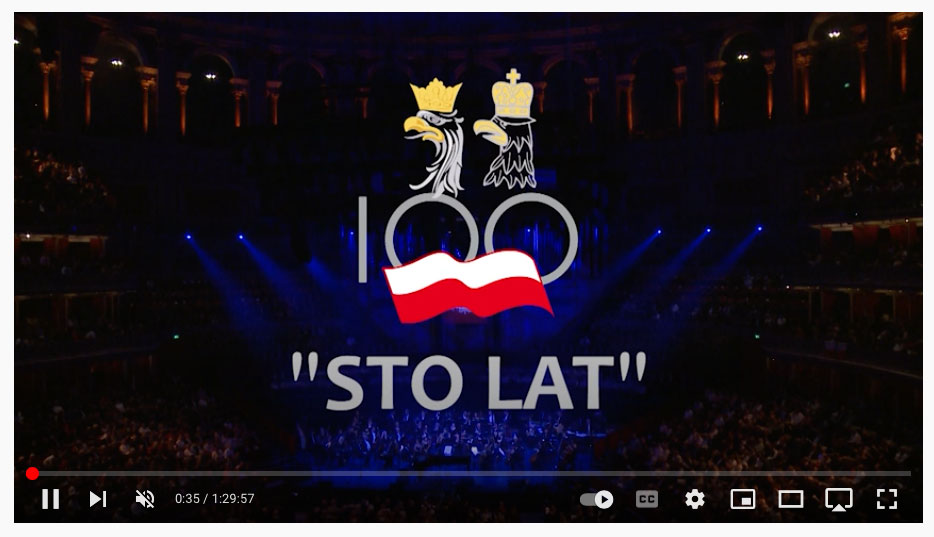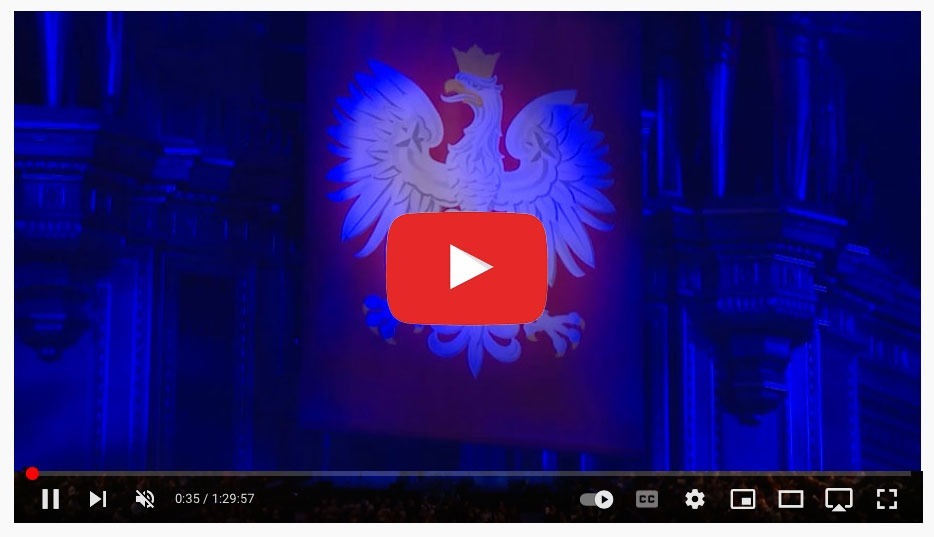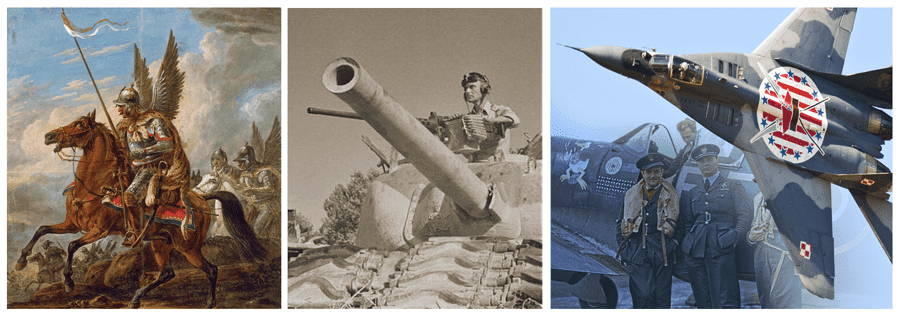
Make a donation
to PHS
Introducing
The Institute
of Polish
Military History
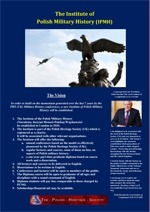
A message from our President, General Lord Guthrie of Craigiebank
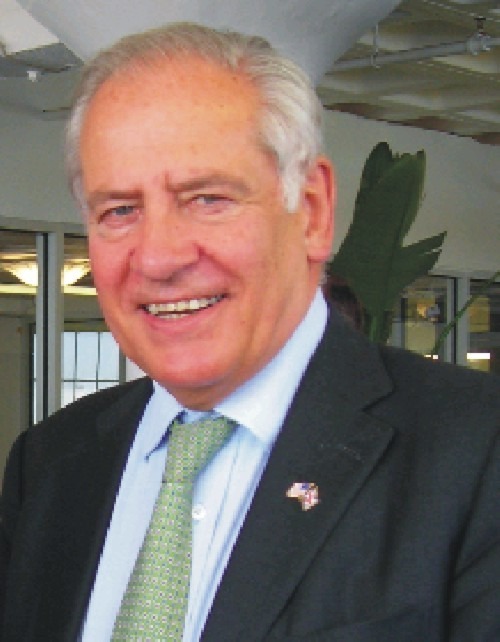
'I am delighted to be associated with the work of the Polish Heritage Society and very honoured to serve as its President. The Society's work highlights the enormous contribution which generations of Poles have made to their adopted country. Preserving and celebrating that heritage will only further strengthen the ties between Poland and the United Kingdom.
I worked closely with the Society on the project to build a memorial to the Polish Forces at the National Memorial Arboretum and saw at first hand the energy and dedication of those involved.
I encourage you to explore this website and learn about the many other projects the Society has sponsored. Do please contact us if you would like to be involved in any way'.
General The Lord Guthrie of Craigiebank GCB LVO OBE
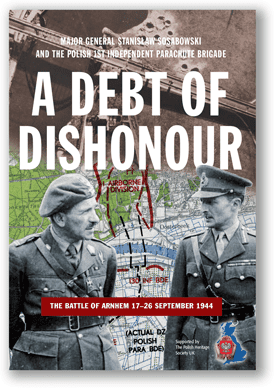
A Debt of Dishonour is a unique documentary film dedicated Major General Sosabowski and all ranks who served in the 1st Polish Independent Parachute Brigade Group and to their Comrades-in-Arms of the 1st British Airborne Division that fought in the ill-fated “Operation Market Garden” at Arnhem and Driel during September 1944.

The Polish Heritage Society UK
The Institute of Polish Military History (IPMH)
Vision
In order to build on the momentum generated over the last 7 years by the PHS UK Military History conferences, it is proposed that an institute of Polish Military History be established.
Initial premises
2. The Institute is part of the Polish Heritage Society (UK) which is registered as a charity. It will be associated with other relevant organisations.
3. The Institute will offer the following:
pioneered by the Polish Heritage Society (UK);
b. regular lectures and courses, some of them on-line, on aspects of Polish military history;
c. a one-year part-time graduate diploma based on course work and a dissertation.
5. Dissertations to be written in English.
6. Conferences and lectures will be open to members of the public.
7. The Diploma course will be open to graduates of all ages and
disciplines with a sound command of English.
8. Diploma students will pay fees comparable to those charged by PUNO.
9. Scholarships/financial aid may be available.
Download the full IPMH Presentation
 Examples of Proposed Course in Polish Military History
Examples of Proposed Course in Polish Military History
- Key stages in the history of Poland and the problems of Poland’s geographical location.
- Poland’s wars against her neighbours: Teutons, Tartars, Prussians, Russians, Turks, Germans.
- Important Polish battles before the 20th century: e.g. Grunwald/Tannenberg, Vienna, Chocim.
- The Swedish wars.
- The Polish Army during the Napoleonic Wars: the Peninsular War, Napoleon’s Grande Armée.
- Józef Piłsudski as war leader and the Russo-Polish War of 1919-20.
- The development of the Polish Army 1920-1939.
- Breaking the German Enigma cipher machine.
- The development of the Polish Navy.
- The development of the Polish Air Force. Polish airmen in the RAF 1939-1946:the Battle of Britain, Bomber Command.
- Important Polish military events during WWII: the 1939 Campaign, the Polish Underground State 1939-1945, the French and Norwegian Campaigns 1940, Tobruk, Arnhem,.
- Major Polish military units during WWII: The Polish Carpathian Rifle Brigade,The Polish 1st Independent Parachute Brigade, The Polish 1st Armoured Division, Polish Second Corps, the Polish Army on the Eastern Front.
- The development of the Polish Section of SOE and Poland’s ‘Silent and Unseen’.
- Polish guerrilla forces over the years: e.g. 1830, 1863, the Wielkopolska and Silesian risings, the AK.
- The great ‘forlorn hopes’: the uprisings of 1830 and 1863, the Warsaw Ghetto Uprising of 1943, the Warsaw Uprising of 1944.
- The great romantic tradition - Polish military history in painting and literature: Juliusz, Wojciech and Jerzy Kossak, Jan Chełmiński, Artur Grottger, Jan Matejko, Henryk Sienkiewicz, Józef Kraszewski, Teofil Lenartowicz, Władysław Reymont.
- Other possible related courses or topics of interest: Polish Military Medical Support and Education during 1939-1945 and post 1945, the search for the Polish WWII submarine Orzeł.
Download IPMH Application Form




